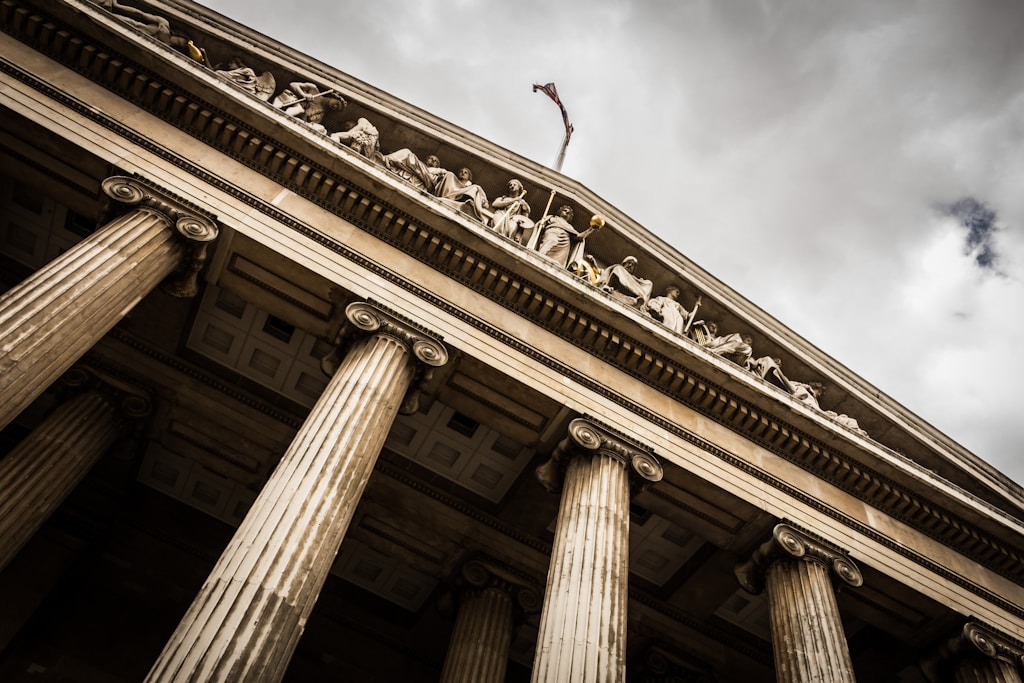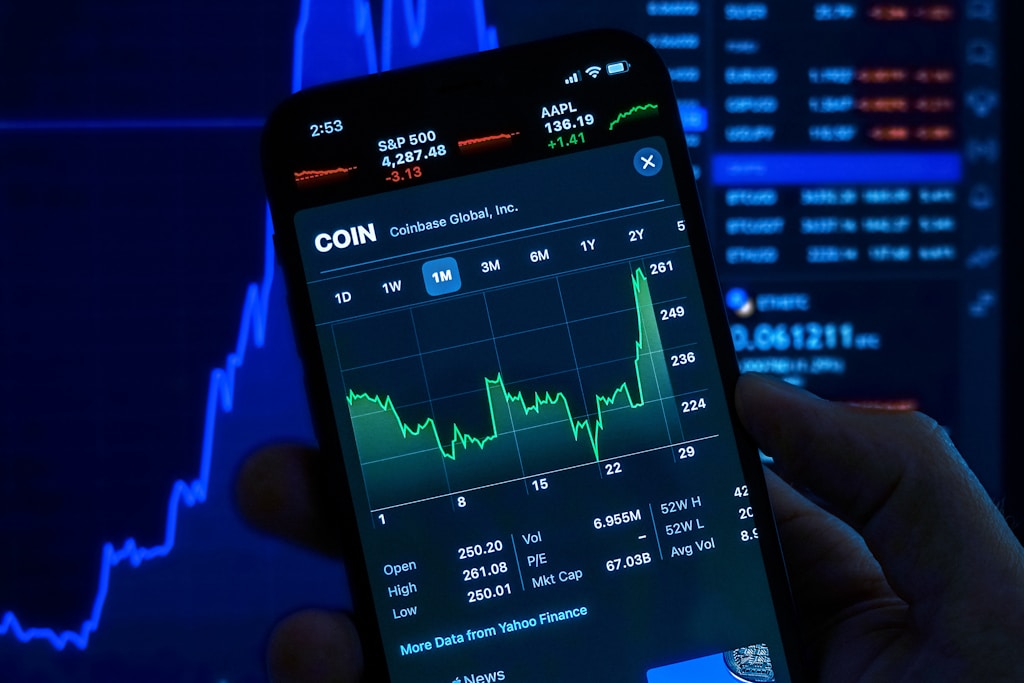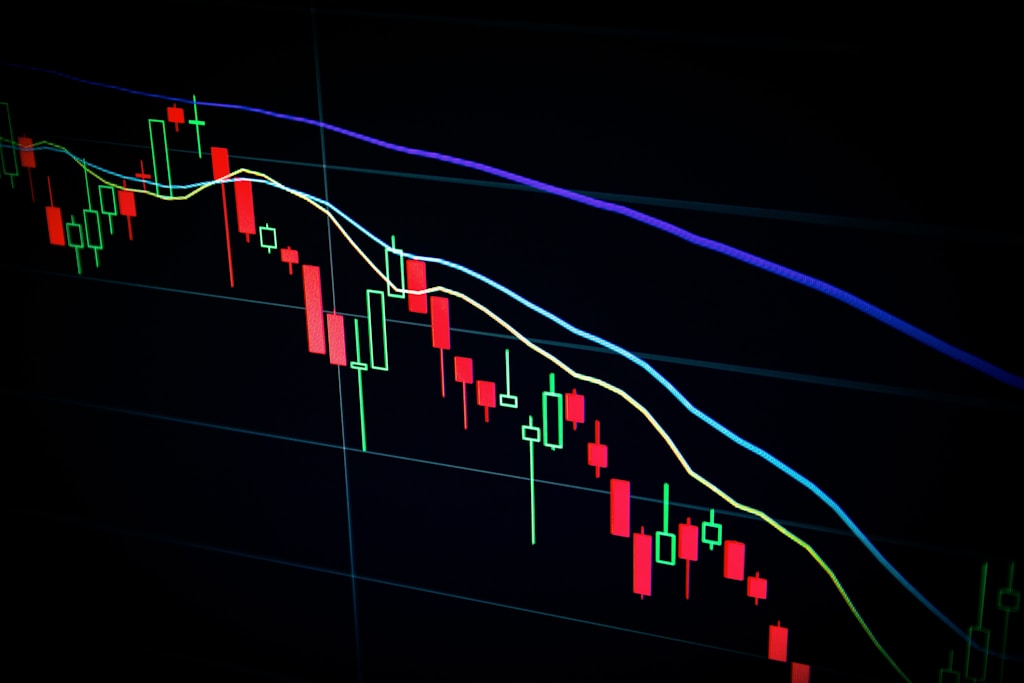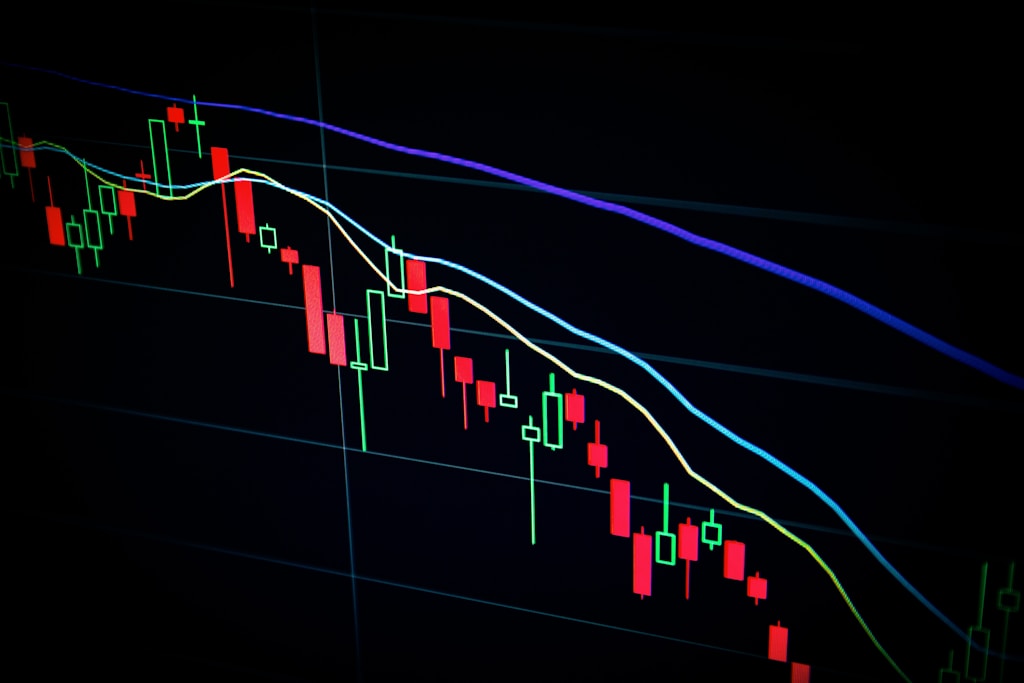In a groundbreaking development at the Bitcoin 2025 conference, President Donald Trump has officially endorsed legislation mandating a strategic reserve of one million Bitcoin for the United States. This historic announcement, revealed by Senator Cynthia Lummis, marks a pivotal shift in federal crypto policy and could reshape the global financial landscape.
Breaking Down the BITCOIN Act Timeline
Senator Lummis outlined a clear roadmap for the implementation of what’s being called the BITCOIN Act. The legislation, which follows Trump’s landmark crypto strategy announcement, authorizes the Treasury to accumulate 1 million BTC over five years through budget-neutral mechanisms.
Key Implementation Phases
- Phase 1: GENIUS Act stablecoin framework vote (Early June 2025)
- Phase 2: Market structure legislation
- Phase 3: Bitcoin Strategic Reserve implementation
Financial Impact Analysis
At current market rates of $108,900 per BTC, the total investment would reach approximately $108.9 billion, representing 2.6% of the FY 2025 discretionary budget. This strategic move comes as Bitcoin price targets extend beyond $125,000 for late 2025.
Strategic Implications
The initiative combines several key elements:
- Energy security through domestic mining operations
- Military backing from senior Pentagon officials
- Geopolitical advantages in global finance
- State-level adoption momentum
State-Level Progress
Three states have already enacted their own strategic reserve legislation:
- Arizona
- Texas
- New Hampshire
International Response
Global reaction has been notably positive, with several countries following suit:
- UAE: Building exposure through US-listed spot ETFs
- Czech National Bank: Studying BTC as reserve diversifier
FAQ Section
When will the BITCOIN Act implementation begin?
Implementation is expected to start after the stablecoin framework vote in early June 2025, following a phased approach.
How will the purchase affect Bitcoin’s price?
While direct price predictions are speculative, institutional demand of this magnitude could significantly impact market dynamics.
What security measures will protect the reserve?
The reserve will follow Fort Knox-style security protocols, with specific details to be outlined in the final legislation.
At press time, BTC trades at $108,905, with market participants closely monitoring these developments for potential price impact.




